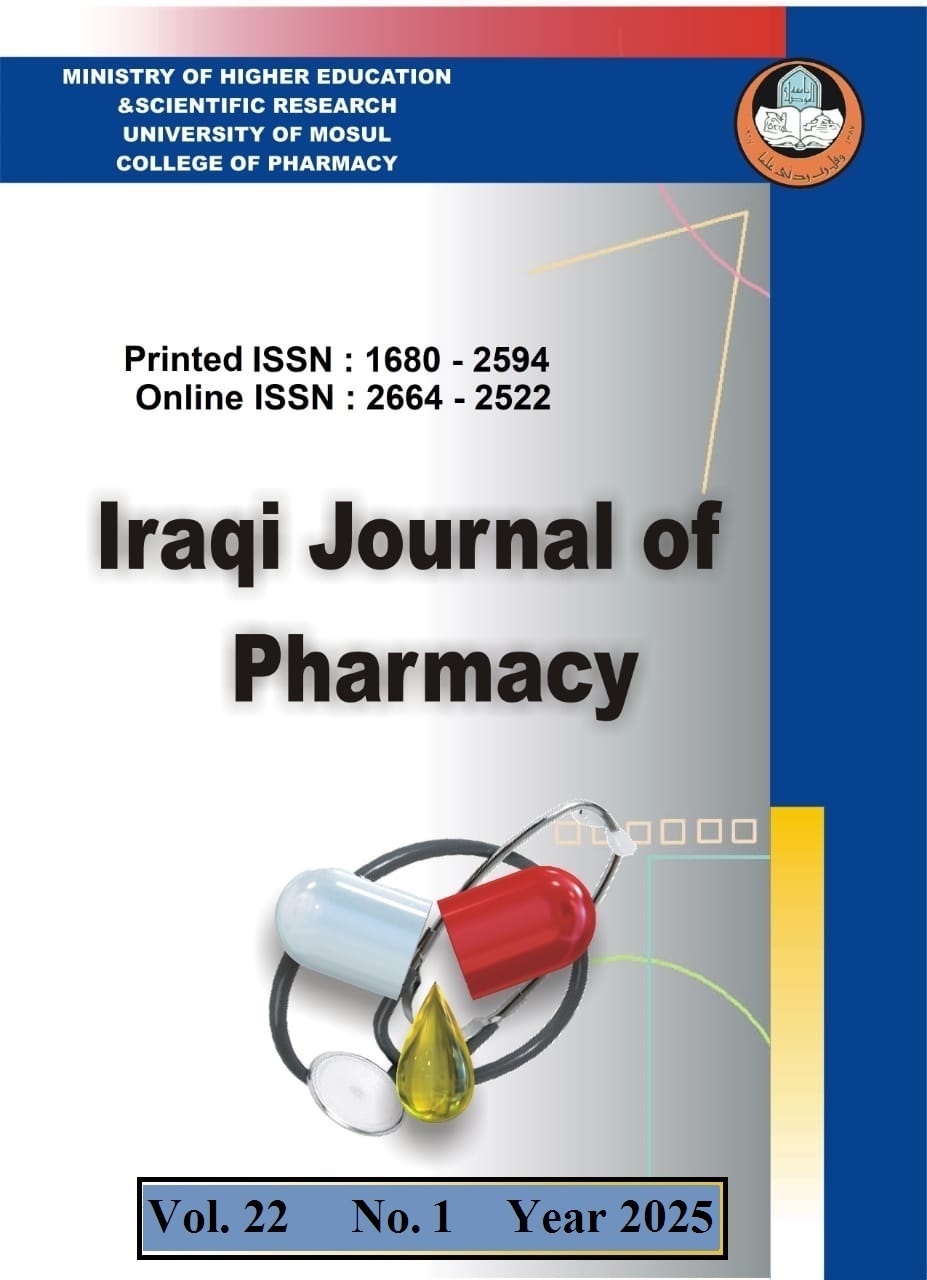Abstract
Background: 1,4-dioxane (DX) was first discovered in 1863 and has been made accessible for commercial purposes around the 1930s as a solvent for cellulose and in the production of plastics. Aim: The purpose of this review was to highlight the chemistry of DX as well as its various reported pharmacological and toxicological attributes. Methods: The reviewed data was abstracted by using some scientific platforms, such as Google Scholar, Scopus, and Web of Science, with no limitation to the publishing date. Results: Chemically, DX is an organic heterocyclic molecule that can be described as an ether and found as a colorless liquid with a slightly sweet smell, akin to diethyl ether. Also, this old molecule is usually referred to as dioxane because its other structural isomers (1,2- and 1,3-) are seldom encountered. Given its pharmacokinetic profile, DX is quickly and entirely absorbed after oral intake and inhalation exposure, with the cutaneous route accounting for substantially less absorption. The main product of the metabolism of DX in humans and rats is β-hydroxy ethoxy acetic acid, which is a urine-eliminated metabolite. Pharmacologically, it has been found that DX and its derivatives have therapeutic benefits against cancer in general and hematologic malignancies in particular. Also, the studied molecule can function as an antimicrobial prospect against various pathogenic microbes. Depending on the dose and time frame, DX can cause two types of toxicity, including acute and chronic, with various attributes for each. Conclusion: Based on the examined information, it is possible to employ DX as a bioactive scaffold for developing potent antitumor and antimicrobial agents that can serve better in therapeutics.
